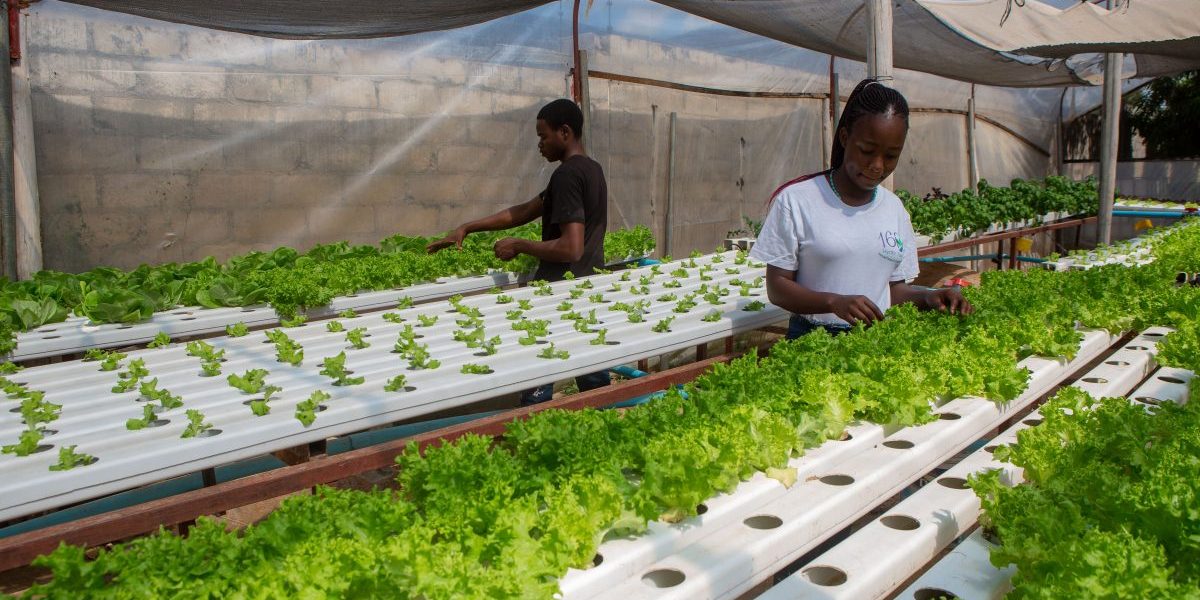Summary:
- Stimulus packages adopted by the six African governments reviewed have been generally climate neutral thus far.
- Countries have mostly focused on social cash transfers for the vulnerable, credit lines for businesses facing liquidity challenges, and tax relief and/or subsidies for businesses and individuals.
- Nigeria’s package was, on balance, green, thanks to a removal of fossil fuel subsidies and some investments in clean energy. Uganda on the other hand had a marginally red package.
- South Africa had both green and red policies that made its fiscal stimulus approximately neutral.
- Tanzania, Benin and Senegal did not include climate related interventions in their COVID-19 economic stimuli.
- Room for achieving greener recovery still exists as environmental taxes that help consolidate fiscal positions can still be imposed and more job creating green projects can be implemented.







